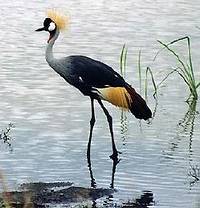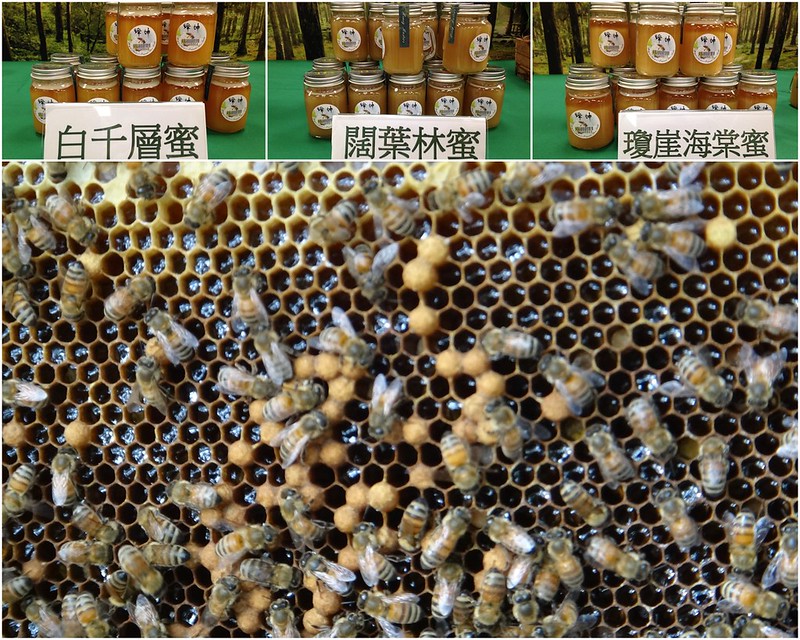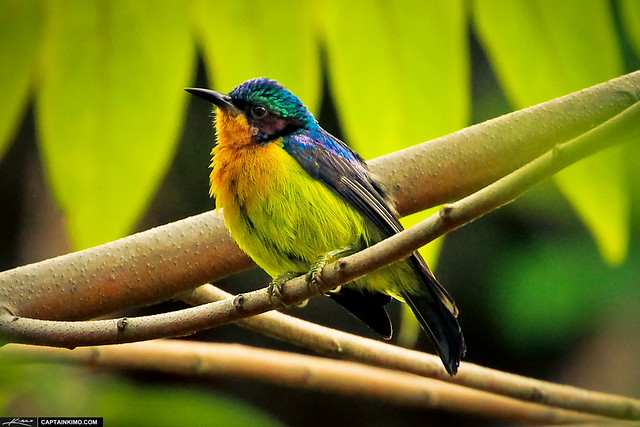 史上第一份針對全球生態系統現況所做的評估報告出爐,報告中除了對人類破壞地球生物賴以維生的生態系統提出諸多警訊之外,一方面也提供人類一個相當樂觀的願景。任職於美國威斯康辛州立大學的湖沼學教授,同時也是此份研究報告的主要作者卡本特博士(Steve Carpenter)即表示:「儘管整份報告看起來像是在告訴你平穩的地球生態在逐漸衰退,但這其實是一份闡述希望的故事。」
史上第一份針對全球生態系統現況所做的評估報告出爐,報告中除了對人類破壞地球生物賴以維生的生態系統提出諸多警訊之外,一方面也提供人類一個相當樂觀的願景。任職於美國威斯康辛州立大學的湖沼學教授,同時也是此份研究報告的主要作者卡本特博士(Steve Carpenter)即表示:「儘管整份報告看起來像是在告訴你平穩的地球生態在逐漸衰退,但這其實是一份闡述希望的故事。」
這份報告是聯合國「千禧年生態系統評估」專案的執行成果,受到22個國際主要科學團體的支持,集結了19個國家的1360名學者專家為期4年的研究。
各項評估結果的摘要報告去年就已經發表,近日公布的報告則是包含了更多細節的技術分析資料。千禧年生態系統評估主持人雷德博士(Walter Reid)表示:「人類福祉和地球健康之間的關聯無法分割。」
這項大規模的研究發現,地球上維持生命的生態系統超過60%正遭受嚴重惡化或者非永續使用。約10%到30%的哺乳動物、鳥類和兩棲類近來皆受到絕種威脅。
和18、19世紀相比,1945年來有更多的土地轉為農業用地,目前地球表面近四分之一的面積都受到開發。而過去50年來持續加快的資源利用速度,已經帶來新種疾病、大規模水污染、海岸死亡區和某幾類國際性漁業崩盤的潛在危機。
雷德19日在美國華府的記者會上表示:「人類利用生態資源越來越多,這在過去一世紀來的確大幅改善了人類健康,然而我們付出的代價也很大」,而且這樣的方式並非永續的。
此份報告指出,各國經濟政策鮮少考慮到地球的生態系統能力如何支持人類生活。雷德表示,這個疏忽讓政府難以制定永續成長策略,因而最後仍威脅全人類的未來。雷德表示:「對我們來說,現在正是衡量生態系統提供的這些服務的經濟價值的時候了,如此一來我們才能為未來做出更好的決定。要是我們繼續認為生態系統服務是免費可無限取用的,那麼我們將繼續以不合經濟原理的方式利用它們。」
此份報告預測2050年地球生活將會繼續面臨食物、飲水和能源安全的各項問題,屆時世界人口將成長至約90億人。千禧年生態系統評估報告全文請參考:www.mulenniumeccosystem.org。
The first major global assessment of the state of the world’s ecosystems offers an optimistic outlook for humanity amid stark warnings about how humans are abusing the ecological systems that enable life on Earth. "Despite what looks like steady global decline, this is a story of hope," said Dr. Steve Carpenter, professor of limnology at the University of Wisconsin and a lead author of the research effort.
Commissioned by the United Nations and supported by 22 of the world's leading scientific bodies, the Millennium Ecosystem Assessment is the product of more than four years of work by some 1,360 scientists and experts from 19 countries.
Summary reports of the findings were released last year - the final report includes the technical analysis that underpins those findings. "There is an unbreakable link between human well-being and the health of the planet," said Dr. Walter Reid, director of the Millennium Ecosystem Assessment.
The massive study finds that more than 60 percent of the ecological systems that sustain life on Earth are being degraded or used unsustainably. Some 10 to 30 percent of the mammal, bird and amphibian species are currently threatened with extinction.
More land was converted to agriculture since 1945 than in the 18th and 19th centuries combined and nearly a quarter of the Earth is now cultivated. The accelerated and sustained resource exploitation of the past 50 years has opened the door to new diseases, widespread water pollution, coastal dead zones and the likely collapse of some global fisheries.
The increased exploitation of ecosystems has also dramatically improved human health in the past century, but these gains are being achieved at a growing cost," and are not sustainable, Reid told reporters at a Washington, DC press conference on Thursday.
The report details how the ability of the Earth's ecosystems to support human life is seldom considered in economic policies. This failure makes it extremely difficult for governments to enact sustainable growth strategies and ultimately threatens humanity’s future, Reid said. "It is now time for us to measure the economic value of these services so that we can make better decisions about our future," Reid said. "As long as we consider ecosystem services free and limitless we will continue to use them in a way that does not make economic sense."
The report predicts that life on Earth in 2050 will see a continued struggle with food, water and energy security as the world’s population grows to some nine billion people. The full report can be found at www.millenniumeccosystem.org.






